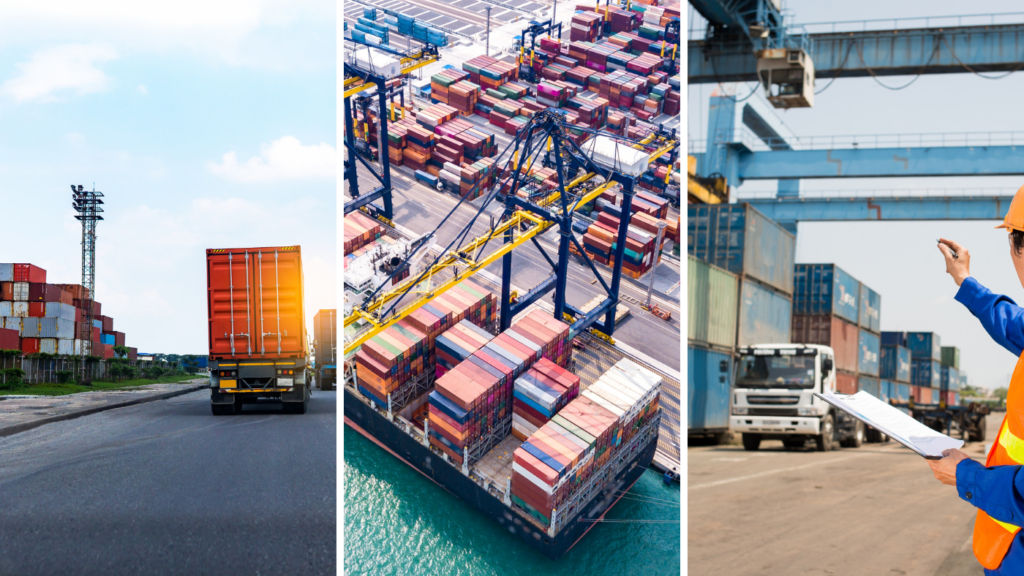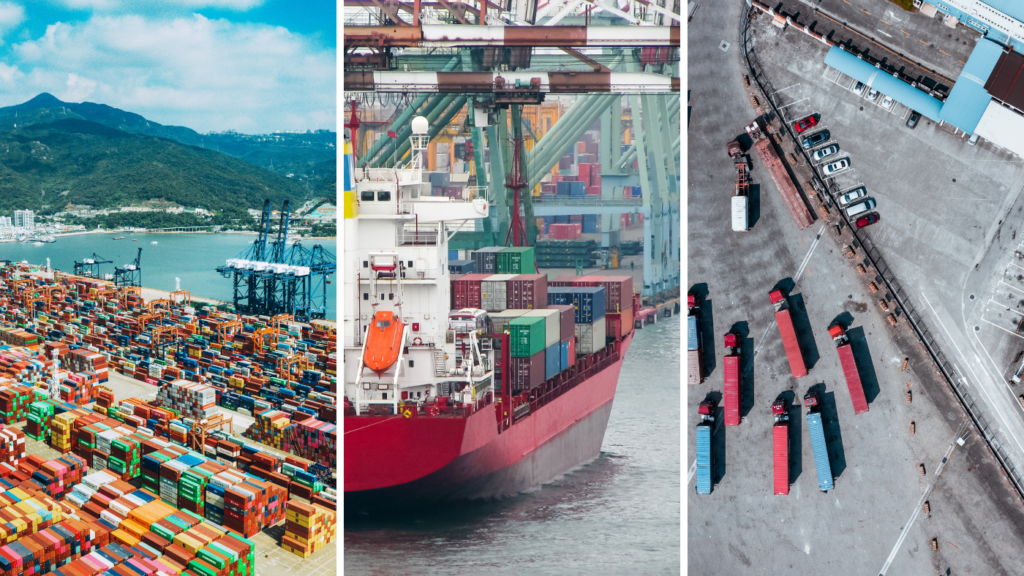Dispatcher
Introduction to Dispatching
In the realm of logistics, ensuring timely delivery of goods and efficient management of vehicles is paramount. Central to these operations is the role of a dispatcher. As the coordinator and communicator between drivers, warehouse staff, and customers, dispatchers are responsible for the seamless movement of products from one point to another, ensuring that deliveries are made promptly and resources are used efficiently.


Roles and Responsibilities of a Dispatcher
A dispatcher’s day-to-day operations are multifaceted, and their roles often extend beyond mere coordination. Some of the key responsibilities include:
- Routing and Scheduling: Determining the most efficient routes for deliveries, accounting for factors like traffic conditions, delivery windows, and vehicle capabilities.
- Vehicle Allocation: Assigning suitable vehicles to specific routes, depending on the nature and size of the cargo.
- Communication: Acting as the central point of contact, they liaise between drivers, warehouse managers, and customers, addressing queries and providing updates.
- Monitoring: Using fleet management software to track vehicles in real-time, ensuring they adhere to schedules and addressing any issues or delays promptly.
- Documentation: Maintaining accurate records of all transport activities, including delivery times, vehicle maintenance reports, and driver work hours.
Skills and Qualities of an Effective Dispatcher
Given the critical nature of the role, dispatchers should embody specific skills and attributes:
- Analytical Skills: Ability to analyze complex logistical data, from delivery schedules to routing algorithms.
- Communication: Clear and concise communication is essential for conveying information between multiple parties.
- Problem-solving: Logistics is replete with unforeseen challenges, from vehicle breakdowns to inclement weather. Quick, effective decision-making is vital.
- Tech-savviness: Familiarity with logistics software, GPS systems, and communication tools is a must in today’s digital age.
- Attention to Detail: Overlooking minor details can lead to significant disruptions; thus, meticulousness is crucial.


The Importance of Dispatchers in Modern Logistics
Dispatchers are unsung heroes in the logistics chain, and their significance cannot be overstated:
- Efficiency & Sustainability: By determining optimal routes and vehicle usage, dispatchers ensure fuel efficiency, reducing environmental impact.
- Customer Satisfaction: Timely deliveries and effective communication, facilitated by dispatchers, enhance customer trust and satisfaction.
- Cost Savings: Efficient vehicle allocation and route optimization can lead to significant cost savings for logistics companies.
- Safety: By monitoring vehicles and drivers, dispatchers can quickly address safety concerns, ensuring the well-being of drivers and the security of goods.
The Evolving Role of Dispatchers
With the advent of advanced logistics software, artificial intelligence, and automation, the role of the dispatcher is continually evolving. While technology aids in optimizing routes and tracking, the human touch remains indispensable. Modern dispatchers are now transitioning into roles where they not only manage logistical tasks but also handle unexpected challenges that technology cannot address, ensuring the human-centric aspect of logistics remains intact.

Contact Us
The world of logistics is complex and full of technical, financial, and business elements. The logistics experts at Phoenix International deliver top-quality freight forwarding service, supported by powerful technology and decades of experience. Contact us and let us know how we can help you!
